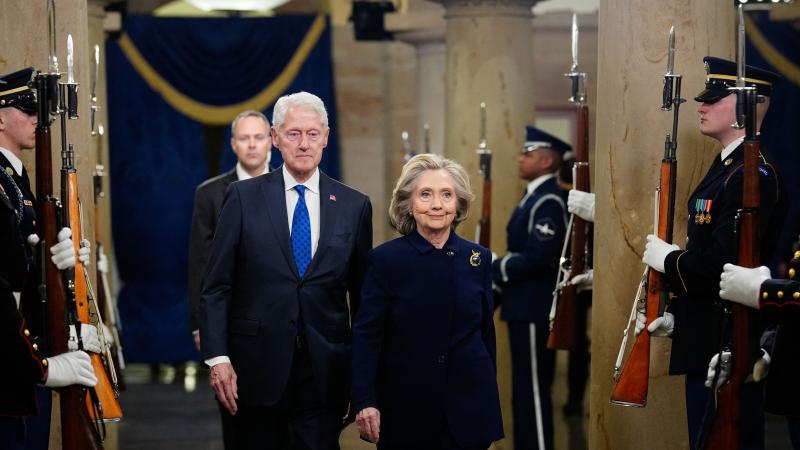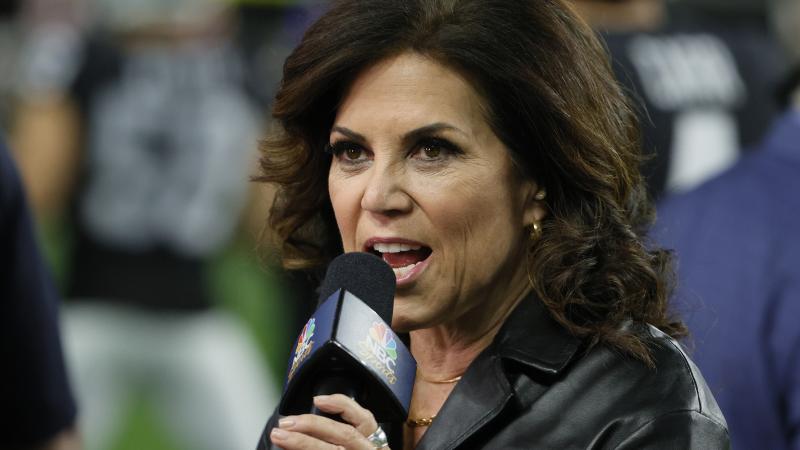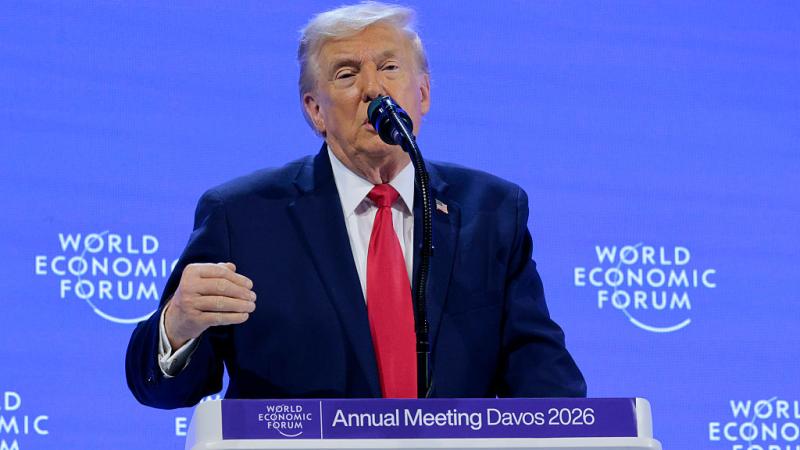Fall sales may reveal whether farmland prices will keep rising
Since January 2021, Class A farmland prices in central Illinois have risen 35%.
It is an unprecedented time for farmland sales. For young farmers, sky high land prices are preventing them from buying.
Since January 2021, Class A farmland prices in central Illinois have risen 35%, Luke Worrell of Worrell Land Services in Jacksonville told The Center Square.
Worrell works with the Illinois Society of Farm Managers and Rural Appraisers and economists at the University of Illinois who track farmland prices. Every year, the society produces an extensive study of Illinois farmland values and leases for the previous year.
Class A acreage has the highest quality soil types and is 100% tillable. No matter what the quality of the farmland, however, prices have increased since January 2021, Worrell said.
“All other classes of land saw robust increases,” Worrell said.
Market indicators are still strong, but land sales traditionally slow down when crops go in. The number of transactions for the spring and summer have slowed down as they normally do, Worrell said. Commodity prices are still high, but so are input costs and the price of gas and oil and the price of machinery.
It remains to be seen what inflation and rising interest rates will do to the demand for farmland, he said.
“The table is set for a very interesting fall. It will be really interesting to see where the values are when sales pick back up,” Worrell said.
The buyers for Illinois farmland are people with a lot of borrowing power, including institutional investors and hedge funds, Worrell said. In his experience, the buyers he encounters in west central Illinois are sophisticated investors--almost all of them with some tie to Illinois and to farming, he said.
“We really still see a vast majority of ag purchases being growers or someone with local ties,” Worrell said. “They know the area and for the most part they have a connection to our neck of the woods.”
In his years selling farms, Worrell has never sold a farm to a foreign buyer, he said.
Historically, Illinois farmland has been a solid investment with particular appeal when times are volatile, Worrell said. The last time farmland prices shot up was in 2009 to 2012, when the nation was reeling from the Great Recession. Buyers looking for tangible assets drove prices up. In the following years, prices gradually softened, Worrell said.
“Nobody wants a topsy turvy where we rocket ship this thing up and then fall through a trapdoor,” Worrell said.
Worrell advises young farmers to work with knowledgeable professionals who can help them investigate their options.
“Investing in land is always wise to consider. Even when prices are strong,” Worrell said.
Talk to people. Find knowledgeable advisors, he said.
“Don’t shut the door on it just because prices are high,” Worrell said.
















